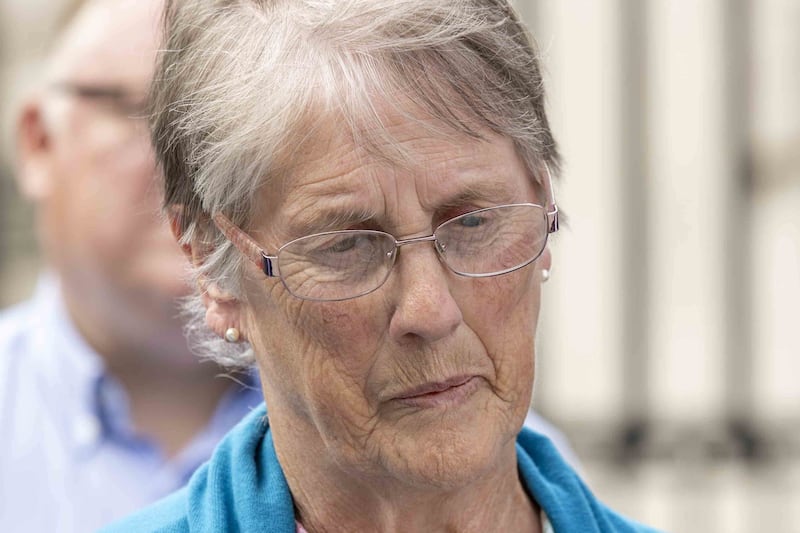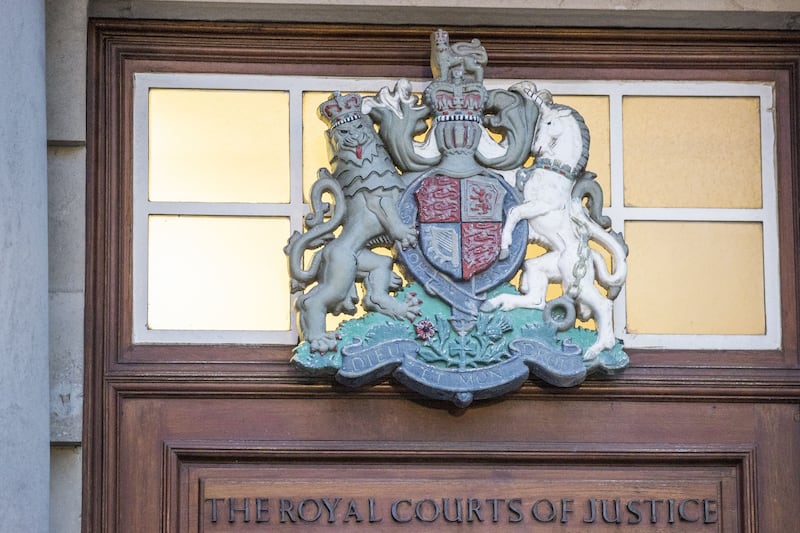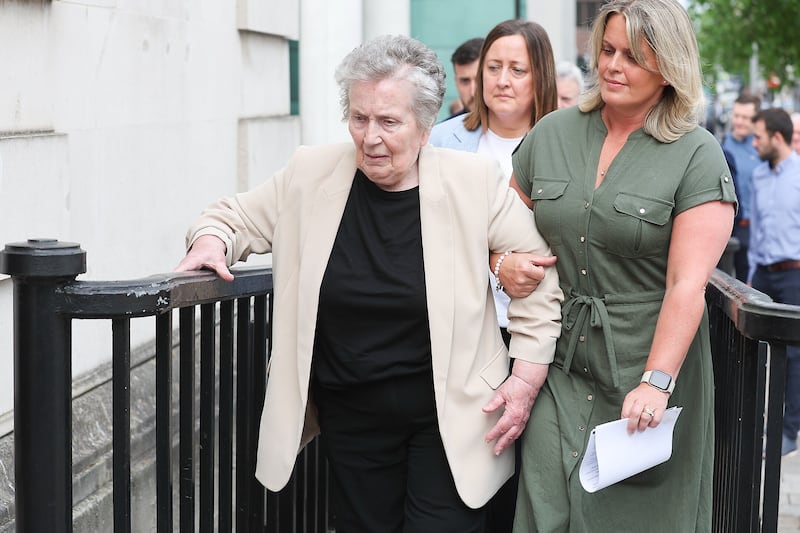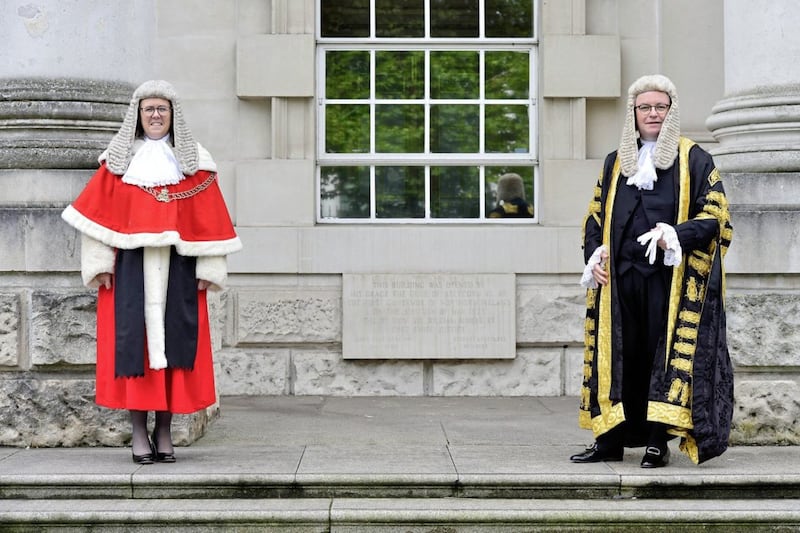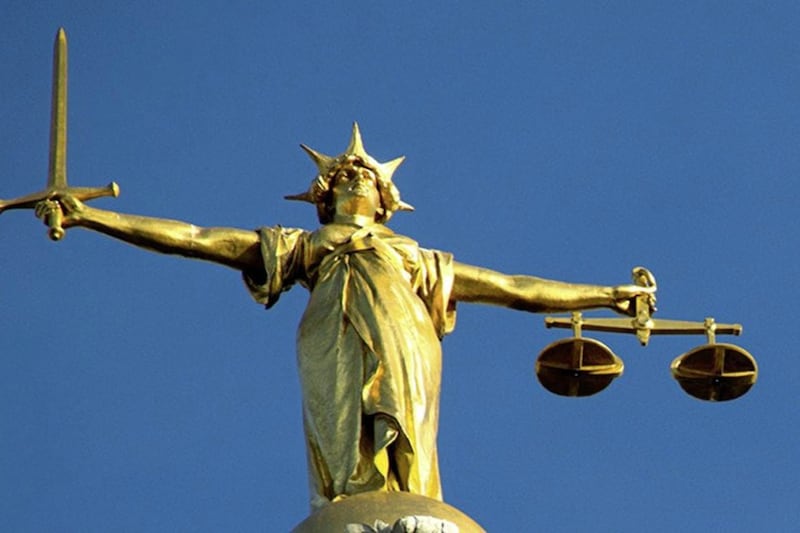The north’s most senior judge has revealed plans to establish a special unit to deal with Troubles inquests.
Speaking after an unprecedented meeting with victims' relatives, Lord Chief Justice Declan Morgan confirmed he intends to set up a Legacy Inquest Unit to handle outstanding cases.
During the meeting in Belfast yesterday he told families that the failure to deal with their loved ones' deaths had “cast a long shadow over the entire justice system”.
The senior law figure was accompanied by the recently appointed Presiding Coroner Mr Justice Adrian Colton and Lord Justice Reg Weir.
The announcement is set to dramatically change how inquests are heard.
The meeting with relatives came after Lord Justice Weir carried out a review of 56 legacy cases in January involving the deaths of almost 100 people.
Many involve the deaths of people killed by security forces or allegations of collusion.
Cases include the shooting of eight IRA men at Loughgall, the loyalist murder of GAA official Sean Brown in Co Derry, and the IRA killing of 10 Protestant men at Kingsmill.
During the two weeks of hearings last month Lord Justice Weir was scathing in his criticism of how the PSNI and British army have dealt with inquests.
For several years relatives and campaigners had complained that delays in providing information to legal teams was holding up cases.
Mr Morgan said Mr Justice Colton, who is also a High Court judge, will now take control of Troubles cases, deciding who should hear them and what information should be disclosed to families.
Until now Troubles cases have been handled alongside other deaths by a coroner.
He said he hopes to start listing cases in September, although some cases are due to be heard earlier.
The senior judge said if the necessary resources are provided and “we obtain the full co-operation of the relevant statutory agencies” he is confident remaining legacy cases can be heard within five years.
He said gaining access to documents held by the police and MoD will be a priority.
“I think the focus from our point of view will be on making sure the approach we have in place identifies where all the documents are,” he said.
“The issue is just as much about making sure that we get access to all the documents as it is about ensuring that all the documents are unredacted.”
He revealed that he has met with Ms Villiers, the PSNI chief constable George Hamilton, the British armed forces minister as well as the First and Deputy First ministers to discuss the issue.
The judge said he is hopeful that the necessary funding will be provided.
“From these discussions and from the secretary of state’s speech at the University of Ulster, I have been given to understand that if the Northern Ireland Executive asks for resources for legacy inquests, the request would be given very serious consideration by the secretary of state,” he said.
Relatives said the new approach by the Lord Chief Justice has given them hope.
Patricia McVeigh, whose father Patrick is believed to have been shot in the back in by the British army’s controversial undercover Military Reaction Force, welcomed the intervention.
"I would like to think this is a very positive step, it's unprecedented. We will take hope from it,” she said.
Solicitor Padraig O Muirigh, who represents several of the legacy case families, praised the senior judges.
"I think the Lord Chief Justice and his office are taking these matters very, very seriously," he said.
"We have had two weeks of hearings and Lord Justice Weir sent a very, very positive signal and message of intent that these cases need to move. There shouldn't be any obstacles."



